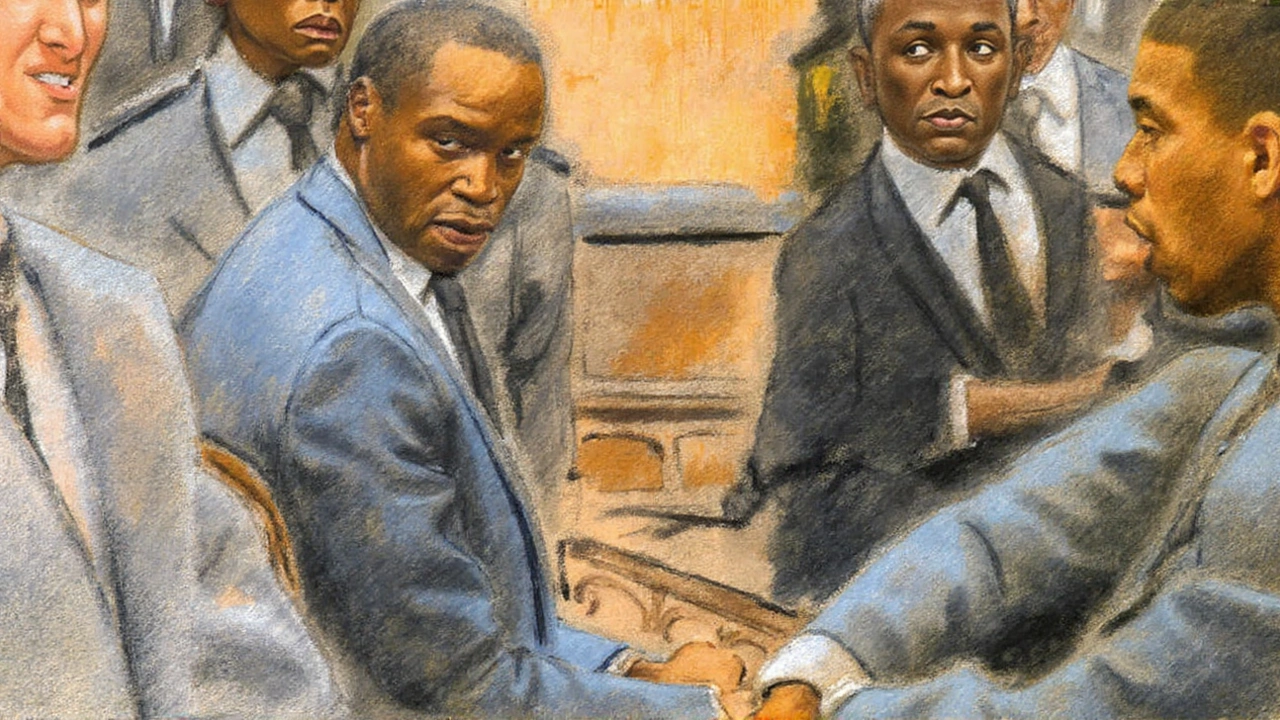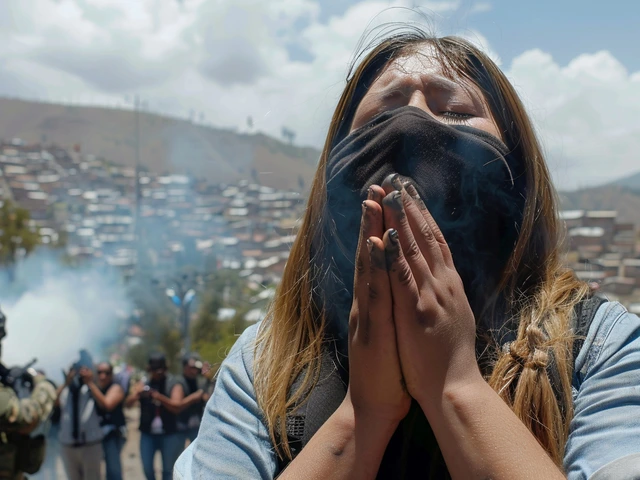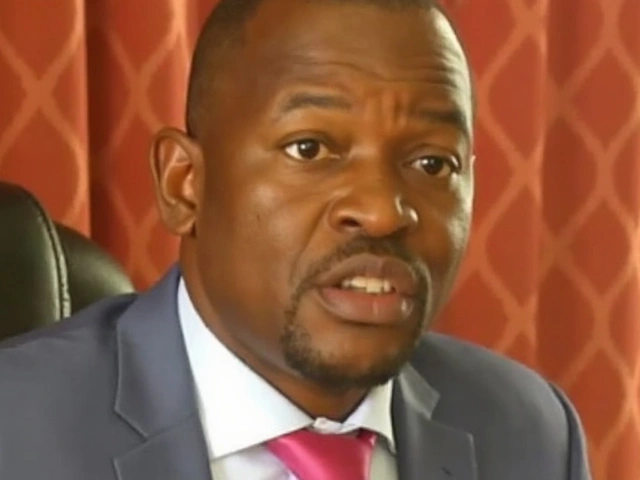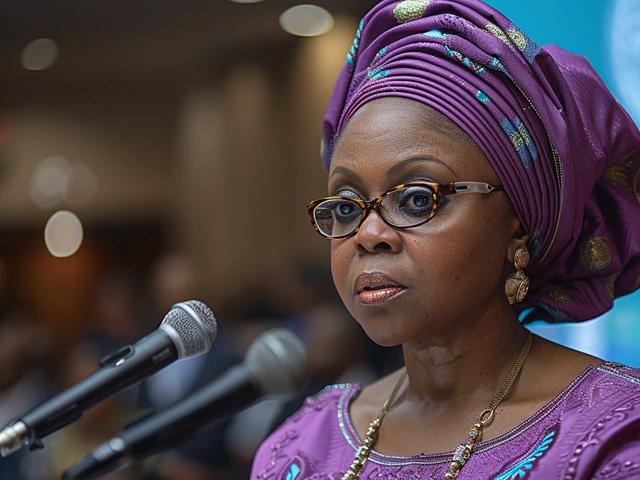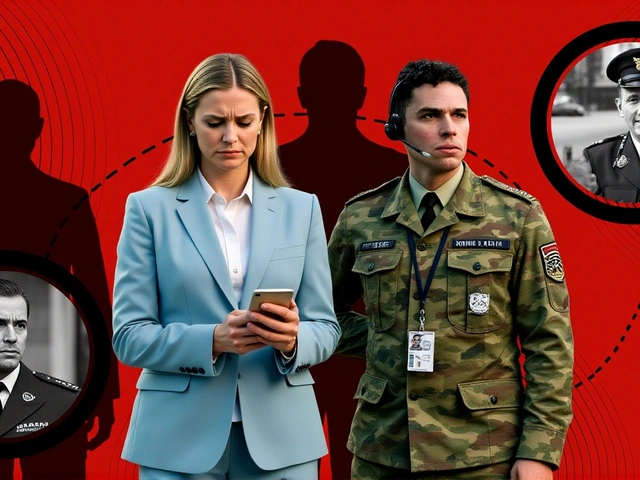Sex Trafficking in Africa – Facts, Signs & How to Fight Back
Did you know a new victim is added to the sex‑trafficking pool every 30 seconds? In many African countries the crime lives behind closed doors, but it’s hurting families, economies, and futures. Understanding the basics can help you spot danger and support real change.
Sex trafficking isn’t just about one‑time kidnappings. It’s a business that moves people across borders, through cities, sometimes right into neighbourhoods you walk every day. Victims are usually promised jobs, education, or a better life, only to end up forced into prostitution or illegal porn. The trauma stays long after the chains are cut, affecting physical health, mental wellbeing, and even the ability to trust anyone.
How to Spot a Trafficking Situation
When you see someone who seems scared, isolated, or unable to speak for themselves, pause. Common red flags include: a lack of personal ID, someone else always speaking for them, bruises or signs of restraint, and a refusal to leave the area even when it looks unsafe. In beach towns or tourist hotspots, traffickers often disguise assaults as “part‑time work” ads. If a job offer sounds too good to be true and pushes you to move quickly, it probably is.
Kids are especially vulnerable. Look out for children who are sleeping on the street, missing school, or being handed cash by strangers. In many cities, traffickers use cafes, nightclubs, or even religious gatherings as recruiting grounds. Trust your gut – if something feels off, ask questions and contact local authorities.
What Governments and NGOs Are Doing
Africa’s fight against sex trafficking is gaining momentum. Countries like Nigeria, Kenya, and South Africa have passed tougher laws, set up hotlines, and created special police units. International partners are funding shelters, legal aid, and vocational training for survivors so they can rebuild their lives.
Non‑profits play a huge role too. Groups such as the African Centre for the Protection of Children and the International Organization for Migration run awareness campaigns, rescue missions, and community education programs. They teach locals how to spot recruitment tactics and how to report them safely.
Technology is helping as well. Mobile apps let people send anonymous tips, while data‑driven mapping shows trafficking routes. When you share info responsibly, you add another piece to the puzzle that can help law‑enforcement crack networks.
At the end of the day, stopping sex trafficking isn’t just a job for police – it’s a community effort. If you see a sign, speak up. If you can volunteer at a shelter or donate to a trusted NGO, you’re directly helping survivors get back on their feet. Small actions add up, and together we can turn those scary statistics into stories of hope and recovery.

